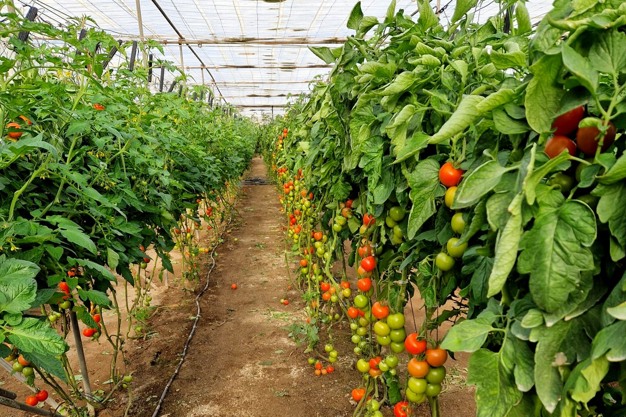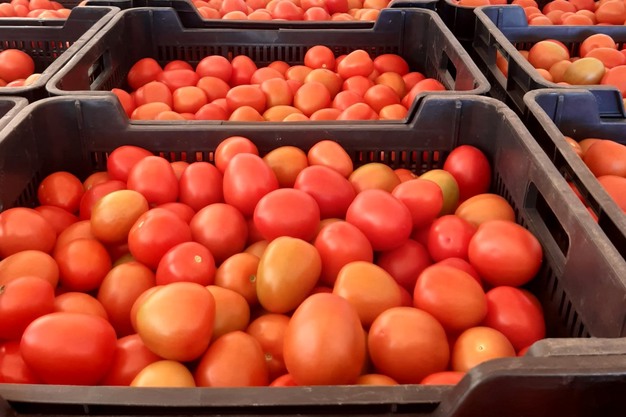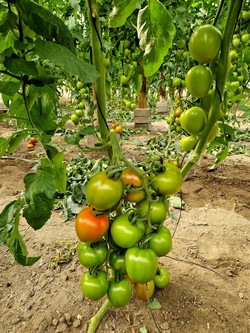As already anticipated by some operators before the end of last season, this year's tomato planting cycles in Almeria are expected to start earlier to avoid the drop in prices that was observed from January onwards last season.

"This year, one of our advantages is that we have varieties that are resistant to the rugose virus. Last year, the planting took place at the end of August to avoid the threat of the pest and the heat as much as possible, but with these tested varieties, growers are choosing to start planting 10 to 12 days earlier. There are growers who have even started planting their fields almost 20 days earlier than last season," says Julián Rodríguez, a tomato grower and member of CASI.
"Throughout last season, we have been analyzing the performance of these new varieties on a trial farm that belongs to the cooperative, and we have seen very positive results. The plants tend to be more vigorous, which gives them greater resistance against the disease, and they also deliver very good volumes and the same quality as the varieties we have been using so far, with even greater consistency."

"The rugose virus is one of the diseases that has worried us the most, and this season we will start with a lot more peace of mind", he says. "Since we had a break for a couple of months, the fields are mostly clean of other pests. There may be some whitefly or Tuta, and with the hot weather and the need to use more water, there could be problems with nematodes, but with regard to the rugose virus, things seem to be under control."
It is worth recalling that due to the lower temperatures in the fall and the fewer hours of sunshine, a 10 day difference in the planting does not necessarily entail a similar difference in the start of the harvest. "At the very least, this difference may increase to between 20 and 25 days," says Julián.
 "Last year, we really felt the impact of this delay. Up until Christmas, the season was very balanced in terms of production and prices, but from then onwards there was no way of getting prices to increase. As a result, growers have seen an overall 20% drop in turnover compared to the previous year."
"Last year, we really felt the impact of this delay. Up until Christmas, the season was very balanced in terms of production and prices, but from then onwards there was no way of getting prices to increase. As a result, growers have seen an overall 20% drop in turnover compared to the previous year."
"For now, we don't know what Morocco is going to do, if they will start planting earlier or not, or if they will have new resistant varieties, because they too have had problems with the rugose virus. However, we do know that in the spring-summer crop cycle they have been having a lot of problems with Tuta and they will need to try bringing the situation under control this fall. But be that as it may, in Almeria we are starting this year with very good prospects thanks to the fact that we have these new varieties."
